
Ben Shahn was an American artist. He is best known for his works of social realism, his left-wing political views, and his series of lectures published as The Shape of Content.
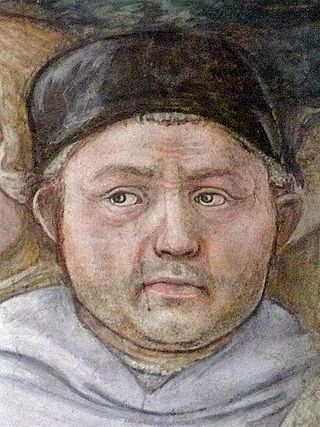
Filippo Lippi, also known as Lippo Lippi, was an Italian painter of the Quattrocento and a Carmelite priest. He was an early Renaissance master of a painting workshop, who taught many painters. Sandro Botticelli and Francesco di Pesello were among his most distinguished pupils. His son, Filippino Lippi, also studied under him and assisted in some late works.
Dino Ferrari was an Italian painter. He was born and died in Ascoli Piceno.

Lorenzo Bartolini was an Italian sculptor who infused his neoclassicism with a strain of sentimental piety and naturalistic detail, while he drew inspiration from the sculpture of the Florentine Renaissance rather than the overpowering influence of Antonio Canova that circumscribed his Florentine contemporaries.

Giovanni Fattori was an Italian artist, one of the leaders of the group known as the Macchiaioli. He was initially a painter of historical themes and military subjects. In his middle years, inspired by the Barbizon school, he became one of the leading Italian plein-airists, painting landscapes, rural scenes, and scenes of military life. After 1884, he devoted much energy to etching.

Giorgio Morandi was an Italian painter and printmaker who specialized in still lifes. His paintings are noted for their tonal subtlety in depicting simple subjects, mainly vases, bottles, bowls, flowers, and landscapes.
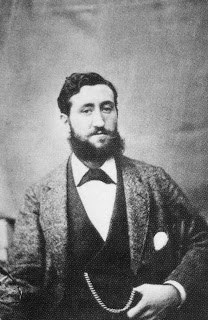
Serafino De Tivoli was an Italian painter of the Macchiaioli group, often referred to as "the father of the macchia" in recognition of his crucial influence on the group's innovative technique.
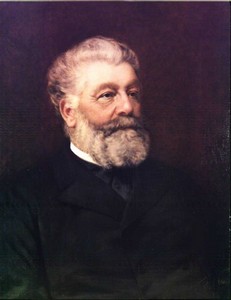
Stefano Ussi was an Italian painter, known first for his history paintings, and later for depicting Orientalist, mostly Arabian and Moroccan subjects.

Ettore Tito was an Italian artist particularly known for his paintings of contemporary life and landscapes in Venice and the surrounding region. He trained at the Accademia di Belle Arti in Venice and from 1894 to 1927 was the Professor of Painting there. Tito exhibited widely and was awarded the Grand Prize in painting at the 1915 Panama–Pacific International Exposition in San Francisco. In 1926 he was made a member of the Royal Academy of Italy. Tito was born in Castellammare di Stabia in the province of Naples and died in Venice, the city which was his home for most of his life.
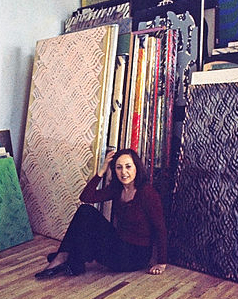
Carla Accardi was an Italian abstract painter associated with the Arte Informale and Arte Povera movements, and a founding member of the Italian art groups Forma (1947) and Continuità (1961).

Adriano Cecioni was an Italian artist, caricaturist, and critic associated with the Macchiaioli group.
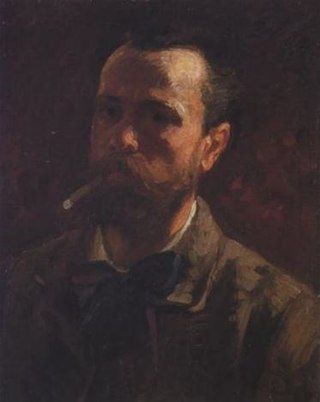
Francesco Gioli was an Italian painter and member of the Macchiaioli movement. His brother Luigi, was also a painter of some note.
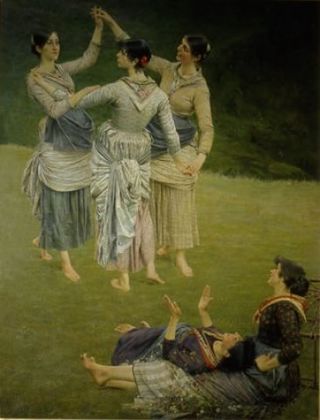
Filadelfo Simi was an Italian painter and sculptor.
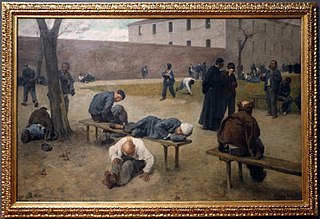
Silvio Giulio Rotta was an Italian painter. While his first canvases were light watercolors of genre subjects in his native city, that is, the daily life of Venetians; his later career focused on realistic depictions of the darker side of human nature, including the interior of insane asylums.
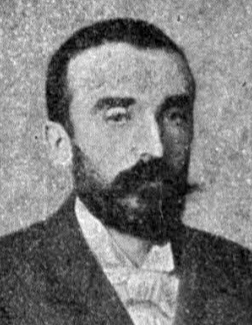
Ernesto Serra was an Italian genre, landscape and portrait painter from Varallo Sesia, Province of Vercelli in the Piemonte Region.

Raffaello Sorbi was a 19th-20th century Florentine painter, specializing in narrative painting.
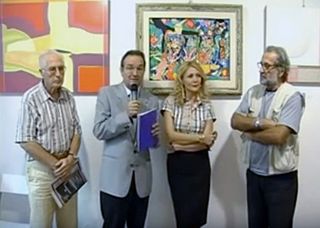
Mauro Marrucci was an Italian artist born in Volterra, Italy on December 18, 1937, by artisans parents and he died November 15, 2014, in Grosseto. Since 1950 he is acting as the Alabaster craftsman and wood and began his artistic research, released by academic schemes, as a graphic designer and painter and makes experiences in the field of sculpture. In 1861 he won first teaching assignment in Tuscany where he continues to practice as a graphic designer, painter and designer. Since 1973, public writings of artistic teaching and non-fiction. In December 1974 on Public Education of drawing the essay "The educational dialogue through the work of art." He also collaborates with the magazine School and cities. In 1982 he moved to Milan to teach Design and Art History at the XIII High School. In 1986 he held the chair of architecture at the Art School "Pietro Aldi" in Grosseto until retirement. From 1957 to 2011 he took part in demonstrations in graphics and painting in Italy and abroad, receiving reports from the most qualified critics and several awards.

Piero Dorazio was an Italian painter. His work was related to color field painting, lyrical abstraction and other forms of abstract art.
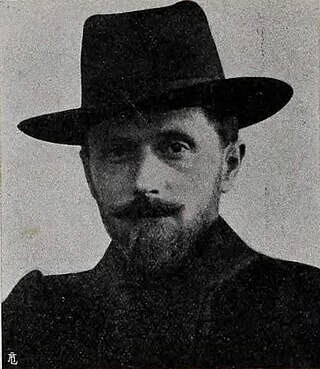
Lionello Balestrieri was an Italian painter and engraver, active in various styles mainly in Paris and Naples.
Pasquale Verrusio was an Italian painter, sculptor and engraver.

















